It says something about modern life that talking to a softly spoken, fact-based scientist whose eloquence is inversely proportional to his showiness can be described as refreshing. Yet that’s exactly how an hour with Toyota Research Institute CEO Gill Pratt feels.
He’s compelling not just for how he talks but also for the brainpower he flexes. Today his job titles at Toyota include chief scientist, executive fellow for research and CEO of the Toyota Research Institute; his past includes stints as a robotics and computing lead for the US Defense Advanced Research Projects Agency and an associate professor in electrical engineering and computer science at the Massachusetts Institute of Technology.
He’s also notable for being explicit about the fact that he can’t prove that he’s right; and for acknowledging that his employ allows for him to be accused of having vested interests.
However, as he explains here in his own words, he’s absolutely certain about two things: that the climate crisis is real and that us rushing into a future of only battery-electric vehicle (BEVs) isn’t in the planet’s best interests.
Why should we listen to you?

“No one has to take me seriously, of course. But what I try to do is to be as fact-based and as science-based as possible and talk about all the different sides of the issue.
“That approach is natural for me; I was a teacher for many years. What I’ve learned is that hype is the enemy. It leads people to misperceive the trajectory of what’s going to happen and leads to bad decisions getting made.
“Hype closes minds. It leads to too much investment in one approach over another; and a hype cycle leads to disappointment when what was promised doesn’t transpire, which is bad for everyone.”




























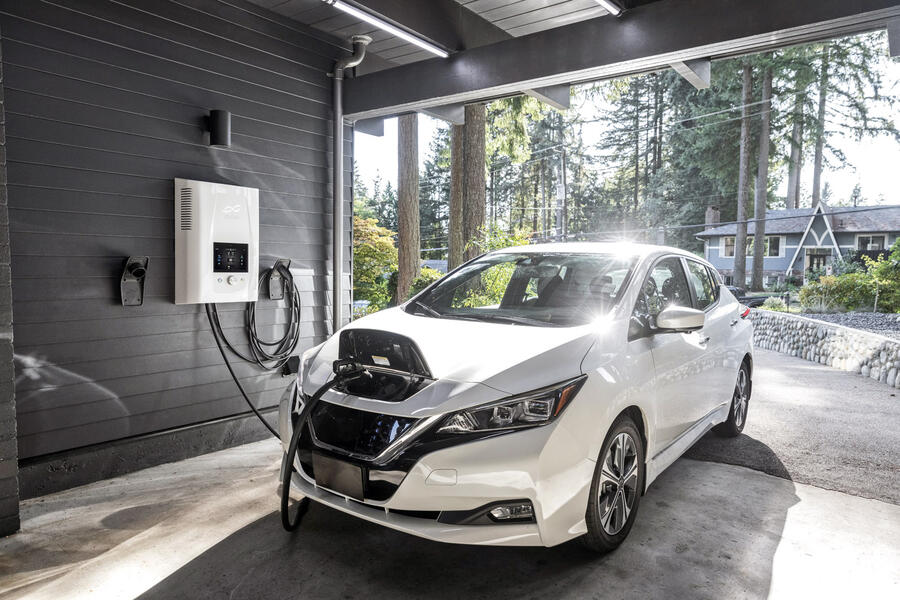

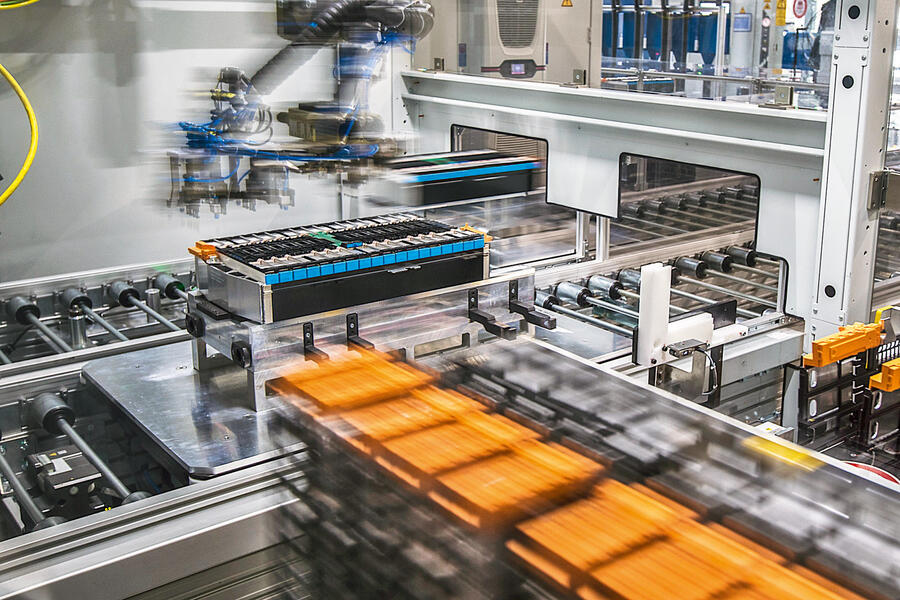


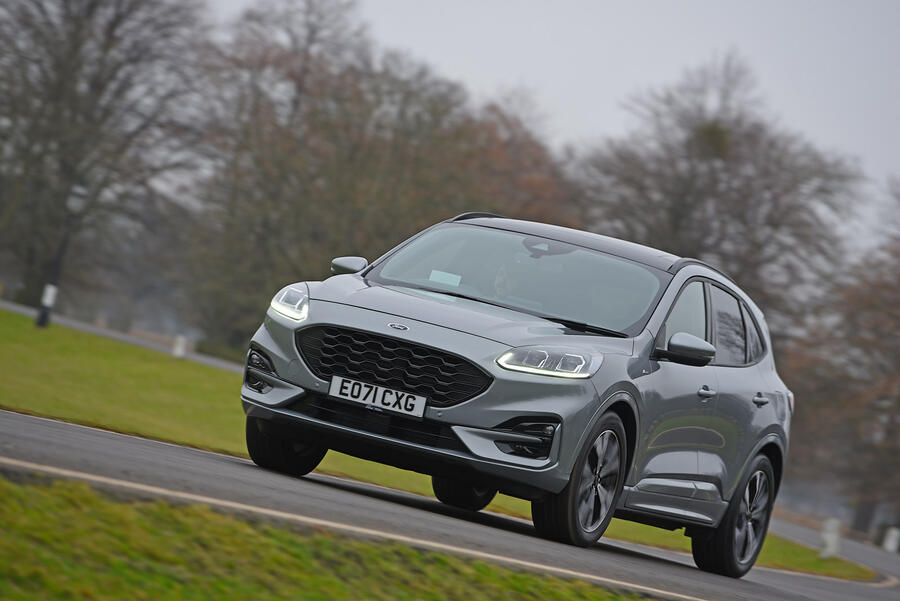
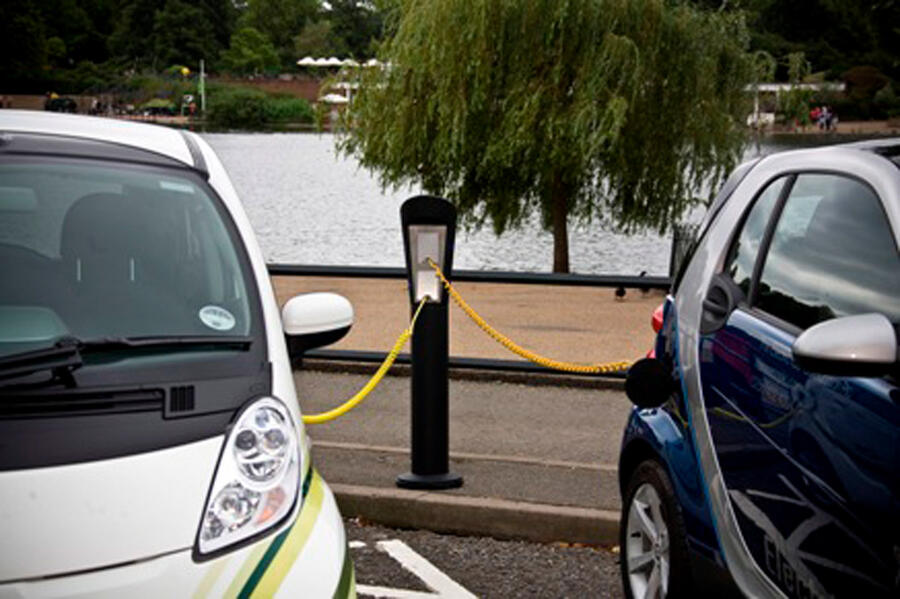

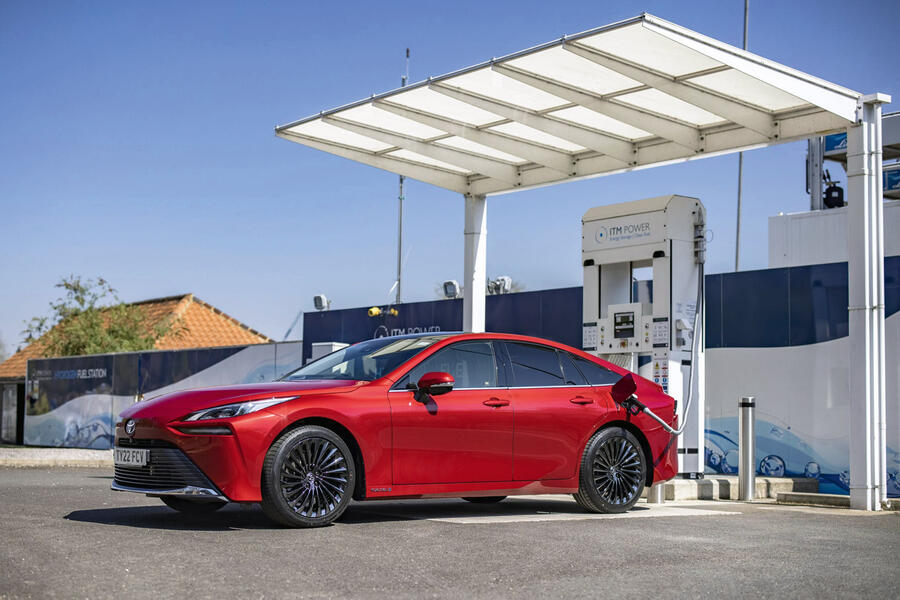



Join the debate
Add your comment
Students that leave school and choose to study the sciences at uni should not have to pay fees! We need far more facts and research like this article from bright academics, shame the government doesn't realise where these guys come from and the financial support they need.
This is dieselgate all over again.
His assertion that PHEV and EV have much the same lifetime impact is ludicrous. Universities with NO vested interest have debunked this lie. EVs over their lifetime are less polluting from about 16,000 miles. After the car has been scrapped their batteries are still useful in home energy. Or in energy storage for wind farms and solar farms.
After that they are currently +95% recyclable and that's going to get nearer to 100%, can't recycle petrol or diesel in your PHEV. (Recyclers are crying out for batteries because they are lasting longer than naysayers believe. )
Latest studies have shown that the recycled battery material is BETTER than the original!
Polestar producded a report last year stating the break even point for a bev over ice was 90000 miles Europe and 120000 miles in China due to mainly coal fired power generation. Considering they have vestedv interests in bevI wondered how accurate evwen that is.So for someone doing 10000 miles per year god forbide someone doing 5000 per year it would creat far more pollution if people en mass migrated to bev.I do not know where you got 16000 miles from but probably 160000 miles is more likely.imho
1. The balance will keep changing as batteries become easier to produce and oil harder to extract
2. You forget about the poisonous air in our cities which is killing us. Literally.
Polestar's report was flawed in that it was based on a much lower mix of renewables than we have in Western Europe, or than most of the rest of the world will have in coming years. I tend to point people at BBC's More or Less for a neutral scientific analysis. Both reliable science and a reliable way of outing the people who'd rather just say "yeh but the BBC is just the propaganda tool of [insert whichever political perspective they disagree with]".